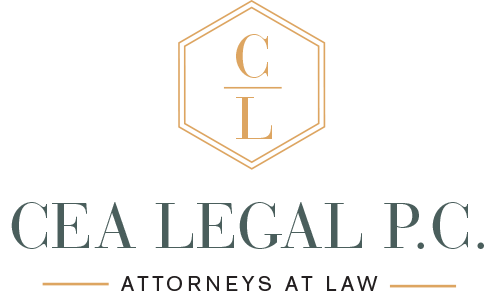Preliminary Due Diligence in Connection With a Mixed-Use Building Investment
A very popular “buy-to-rent” option in New York City is an investment in a mixed-use building featuring commercial spaces at the street level and residential units above.
A purchaser should not simply rely on the information and paperwork provided by the seller but instead, conduct thorough due diligence through its attorney. One of the first items to verify is the amounts of rent actually paid by each commercial and residential unit. In order to do so, a cross-comparison among leases, invoices, rent ledgers, checks or wire receipts, and security deposit balances is essential. Additionally, and more importantly, a building may be inadvertently under regulation imposing rent control or stabilization, thus limiting the rental income and the eviction tools an investor may rely on.
A crucial document to review is arguably the Certificate of Occupancy (CoO), which will show whether each unit is used for its permitted use.
The purchaser’s attorney will ascertain whether the current owner/seller and the residential and commercial tenants are subject to litigation. If so, it will open a conversation with its client to determine whether such pending litigation will create issues for the new owner.
A thorough legal due-diligence will also include a zoning investigation to understand whether there are “non-conforming” or “non-complying” zoning issues. The first category refers to legal uses of the building that are not permitted in the zoning uses of its district. The second one concerns a building that runs afoul of provisions regulating the shape and size of a building. – Purchaser’s attorney should try to secure estoppel certificates by tenants, which are statements confirming the terms of the leases as presented by the seller as well as confirming that there are no major hidden issues between landlord and tenants.
Purchaser may want to assume some of the service contracts currently in place between the seller and third-party vendors (utilities, property management, landscaping, maintenance agreements, and so on), or understand how to terminate them. Therefore, the seller should provide copies of them and represent in the contract of sale that all existing service agreements have been disclosed.
Although the attorney is not in charge of inspecting the physical premises, they should remind the purchaser how important it is to obtain exhaustive engineering, environmental, architectural, and mold reports, appraisals, soil and foundation tests, radon findings.
After signing the contract of sale but before the sale, the purchaser will hire a title insurance company to perform a “title due diligence” to look for evidence of any encumbrances, liens, or objections to the title. Typically, some of them will be cured by the seller. Others unresolved will result in a price reduction from the balance to be paid at the closing. A few of them minor remaining outstanding will become exceptions to the title.
Finally, financial estimates should be completed by the purchaser’s certified public accountant (CPA) after reviewing the building financials and the projected rental income, maintenance, tax, and utility obligations.

